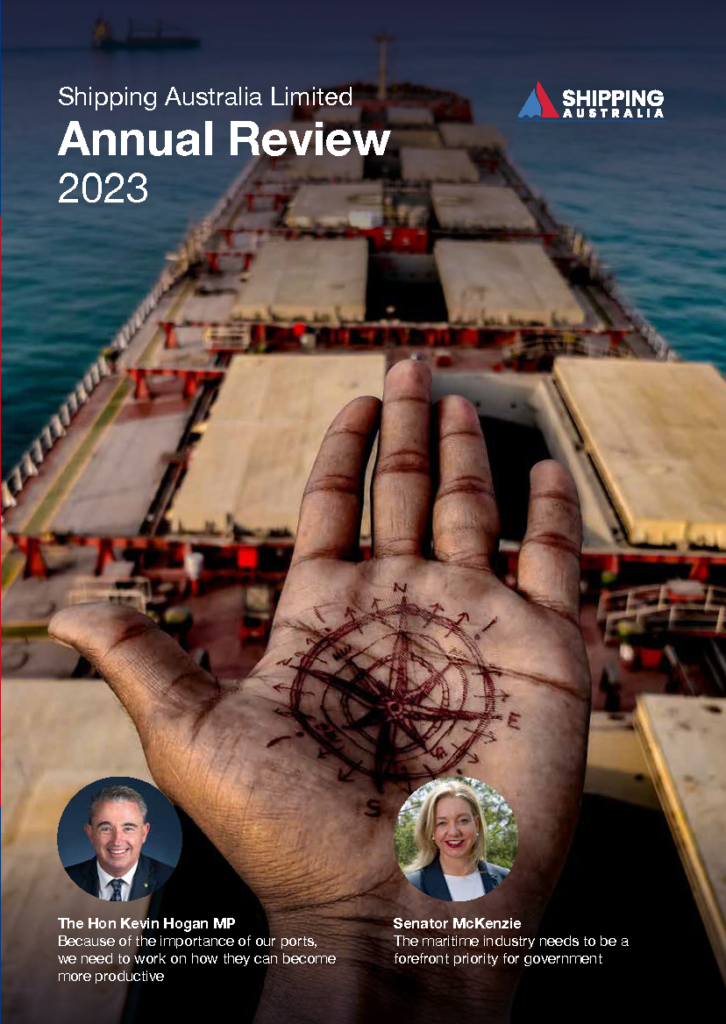
By Kiri Jervis, Partner, Clyde & Co and Miriam Asar, Associate, Clyde & Co
Enterprise bargaining can, at times, be a tense and protracted affair.
This is particularly so when there are external pressures which make it especially desirable for the parties to reach a quick agreement.
In one example, Port Kembla Coal Terminal (PKCT) applied to terminate its enterprise agreement after a drastic deterioration in market conditions which commenced well before, and continued after, the course of two years of bargaining for a replacement agreement. The dispute was labelled as “historic” and towards the tail end of the dispute, CFMEU members were locked out of the terminal for the first time after taking protected industrial action.
Another example, pulled from recent headlines, is the current dispute between stevedoring company Patrick Terminals and the Maritime Union of Australia, where, following two years of bargaining and over 220 instances of industrial actions, Patrick Terminals have now applied to the Fair Work Commission (FWC) to have the enterprise agreement terminated.
The above are two of many examples where employers have applied to terminate an enterprise agreement to bring a long-running industrial dispute to an end. In this brief article, we set out the process to terminate an enterprise agreement and explain that while the application can seem straightforward, the considerations underpinning the Fair Work Commission’s decision to grant or refuse the application are nuanced. This can, of course, have consequences for an industrial dispute and how it is managed by all parties.
How is an enterprise agreement terminated?
The Fair Work Act 2009 (Cth) (FWA) provides two mechanisms for termination. An enterprise agreement may be terminated before its nominal expiry date by agreement and with the FWC’s approval. Alternatively, an enterprise agreement may be terminated after the nominal expiry date has passed on application by one of the parties.
The first mechanism is straightforward as it is premised on the consent of the parties. While the FWA sets out the matters that the FWC must first be satisfied with before it approves the termination of the enterprise agreement, these boil down to whether the agreement to terminate was reached in a procedurally fair way, and that it represents a genuine agreement.
In contrast, the second mechanism is trickier to achieve. To terminate an enterprise agreement after its nominal expiry date:
- the FWC must be satisfied that it is not contrary to the public interest to do so; and
- the FWC must consider it appropriate to terminate the agreement taking into account all the circumstances, including the views of the parties to the agreement and the employer organisation/s covered by the agreement, and the circumstances of the aforementioned persons and parties, including the likely effect that the termination will have on each of them.
What happens when the enterprise agreement is terminated?
Once an enterprise agreement comes to an end, employees will automatically revert to the terms and conditions set out in their employment contracts and any applicable award. While this may be of benefit to employers where they are struggling with onerous terms in an enterprise agreement, the default instruments can also be challenging.
Modern awards can include complicated provisions regarding classifications, penalty rates, allowances and other special rates. The logistics in moving employees from an enterprise agreement to the terms and conditions of an award and/or their employment contract needs to be carefully considered ahead of applying to terminate.
The challenge for applicants
As set out above, terminating an enterprise agreement after the nominal expiry date has passed can have significant implications for an industrial dispute. Obviously, terminating the enterprise agreement can completely bring a dispute to an end. However, as attractive as this option may be following a prolonged and bitter bargaining process, the FWC will only grant this application in particular circumstances.
Applicants should note that the position has changed in recent years following the reversal of the FWC’s decision in Tahmoor Coal Pty Ltd [2010] FWA 6468 (Tahmoor). In Tahmoor, the FWC stated that it was not appropriate to terminate an agreement that has passed its nominal expiry date if bargaining for a replacement was ongoing, such that there remained a reasonable prospect that bargaining would result in a new agreement. The FWC stated that this was the case even where the bargaining had become protracted because a party was advancing particularly unpalatable claims for changes.
The position in Tahmoor was overturned in Aurizon Operations Limited; Aurizon Network Pty Ltd; Australia Eastern Railroad Pty Ltd [2015] FWCA 540 (Aurizon). In Aurizon, the FWC stated that once enterprise agreements were made, there was no intention that they would operate in perpetuity. Rather, continuing the agreement may actually impede the delivery of productivity benefits at an enterprise level, and may also impede good faith bargaining resulting in an agreement. This was later upheld on appeal to the Federal Court.
Following on from Aurizon, a number of successful applications to the FWC to terminate enterprise agreements all shared key similarities. That is, the employers were able to demonstrate the key productivity benefits which were being obstructed by the continuation of an enterprise agreement, and that the terms were unsustainable and adverse to the ongoing and future viability of the business. By way of example, in The Griffin Coal Mining Company Pty Ltd [2016] FWCA 2312, Griffin Coal was able to demonstrate, among other factors, that it sought to terminate to obtain better flexibility and reduce costs in an environment where it had operated at a total loss of almost $300 million over approximately 5 years.
What the current position demonstrates is that while applying to terminate an enterprise agreement can be an attractive means to bring a stalemate to an end, employers need to be aware that they have to point to more than just the desire to be competitive or difficulties in the bargaining process.
They need to ensure that they are prepared to point to operational issues that are affecting business viability because of the enterprise agreement and the bargaining process. There needs to be something which will firmly demonstrate to the FWC that terminating is within the public interest and that termination would be appropriate.
Otherwise, the application has the potential to be refused and employers may come out of an industrial dispute worse off.


